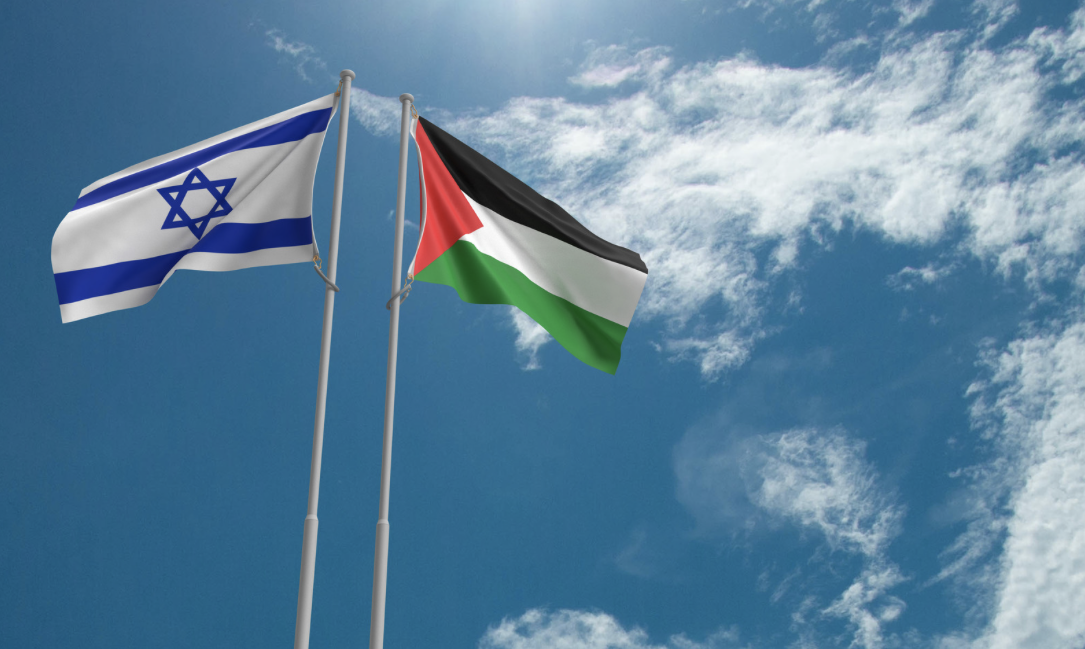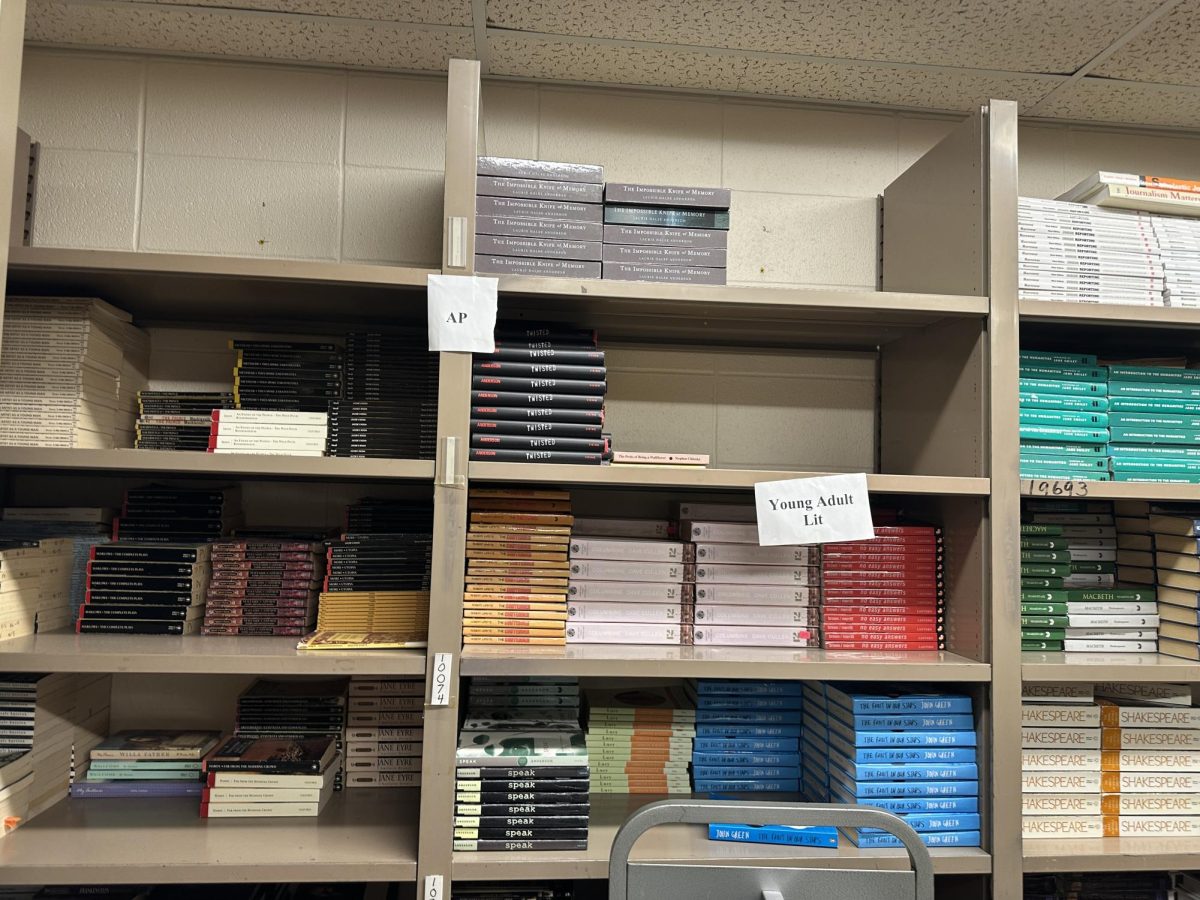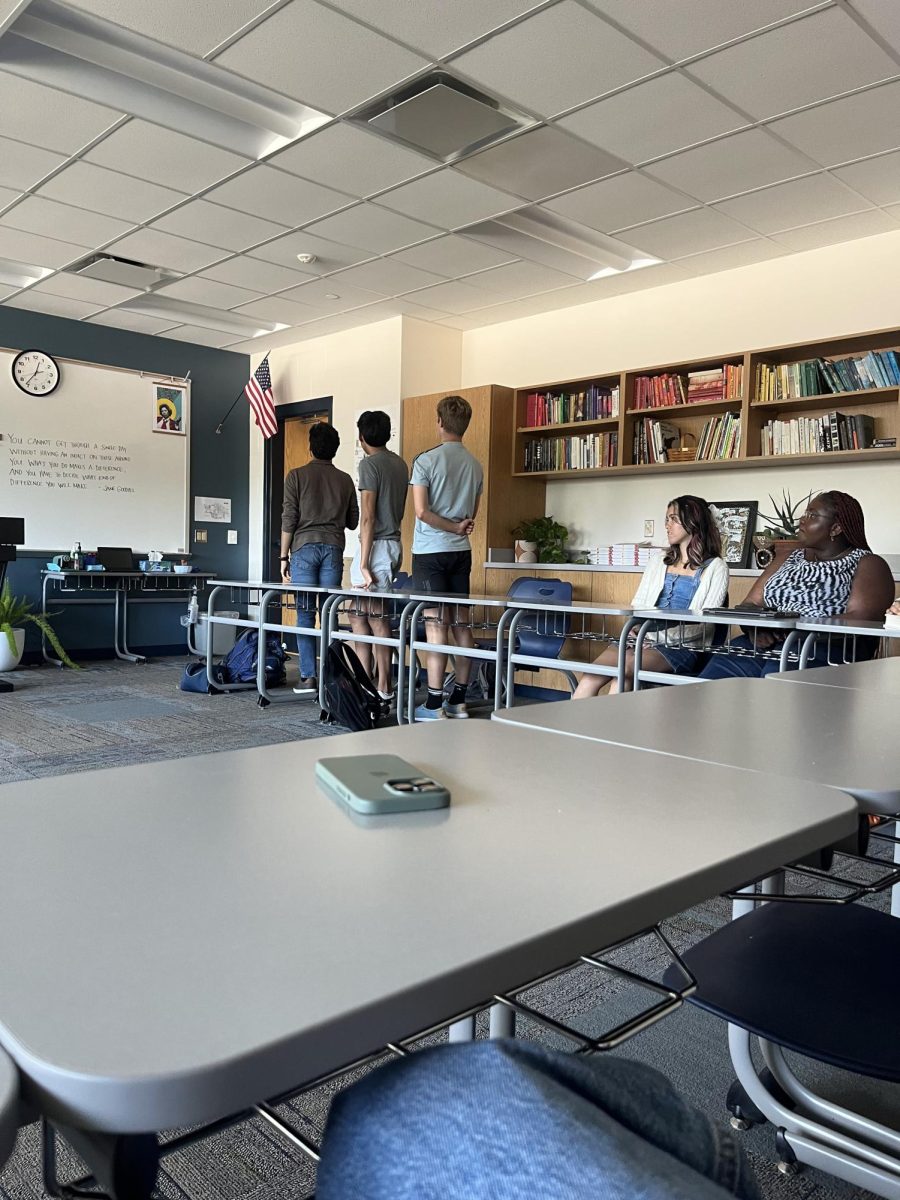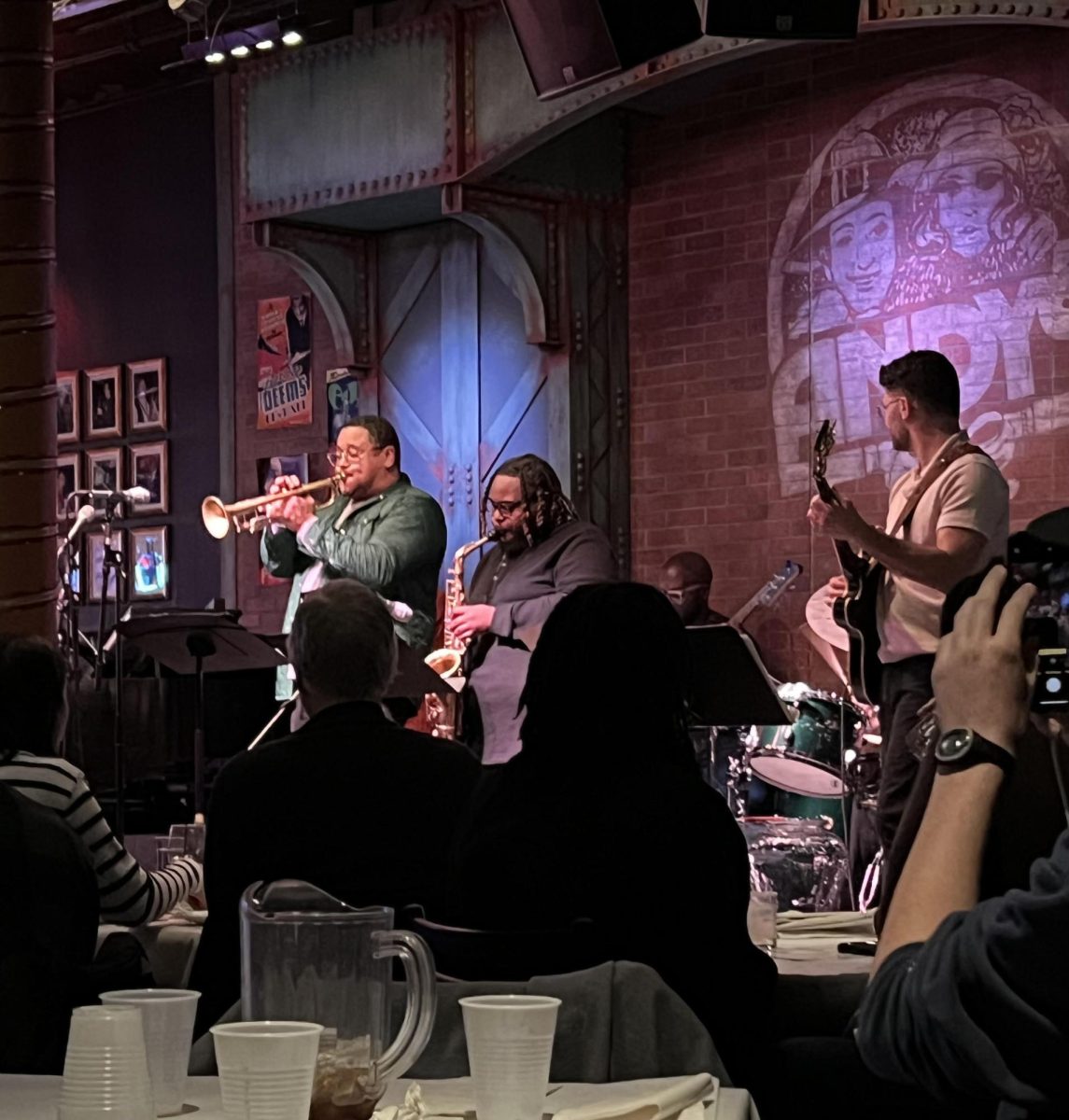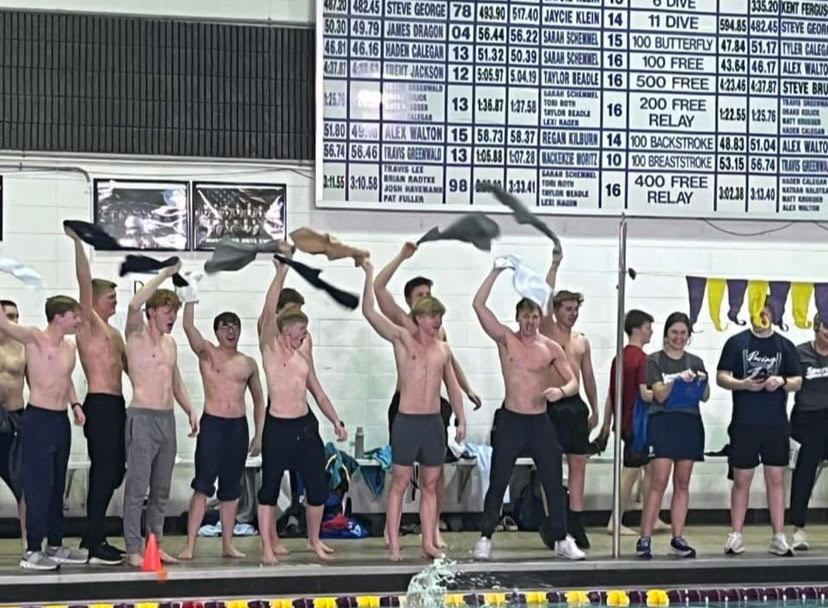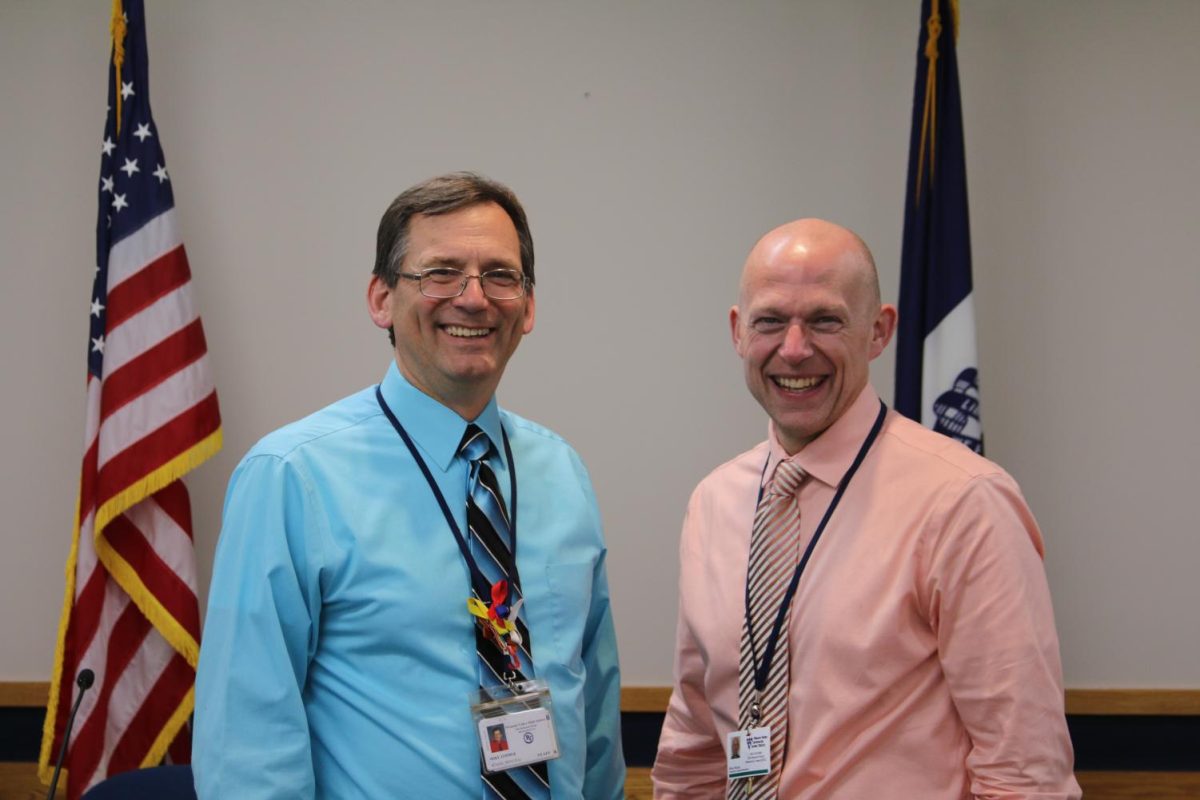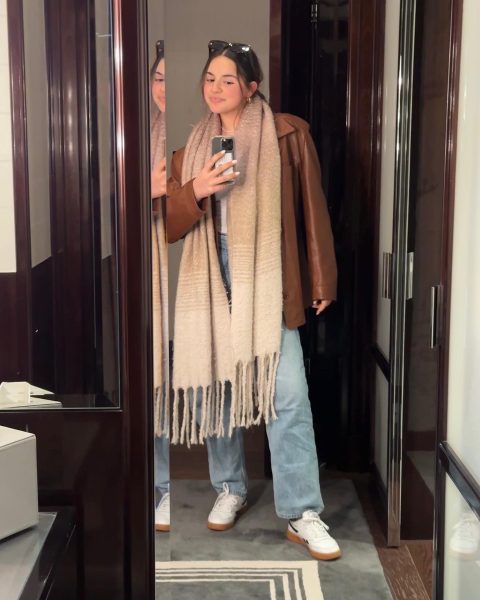Taking sides
Ayah Alsheikha
“It is a worst nightmare come true,” stated Ahmed Rehab, the executive director of American-Islamic relations for the state of Illinois. On Oct. 14, Chicago resident Wadea Al Fayoume was stabbed 26 times in a brutal hate crime. He was 6 years old.
One may ask, what could possibly provoke someone to murder an innocent child? The answer: he was Muslim.
Just days before the murder on Oct. 7, the brutal conflict between Israel and Palestine reached new extremes after Israel officially declared war on Palestine. Since, the two nations have been engaged in a brutal war, leaving tens of thousands killed, most of which are/have been civilians.
Since that fateful day, the world has been irreparably divided. Almost immediately, countries took sides and have only strengthened their hostility toward the opposing side.
There is no question that these divisions apply within the U.S. as well. But why has this war invoked such intense divisions?
The Israel-Palestine conflict did not start on Oct. 7. These nations have been engaged in military and political conflicts since WWII after the declaration that Palestine be reverted to a Jewish homeland. Ever since, the two nations have fought over the Middle Eastern country in one of the world’s longest ongoing conflicts.
The trauma caused by this brutal conflict is deeply embedded in both Israelis and Palestinians, but the world has been grappling with this war for almost 80 decades alongside the two nations. Because of the deep-rooted nature of this conflict, countries and peoples’ stances are firmly established. The sides taken by every individual, community and nation run deep, making this war one of the most divisive to come out of the 21st century.
A stark pattern emerges among the countries that have outrightly supported Israel versus Palestine: Israel-supporters are predominantly white, Christian, first-world countries like the U.S., Canada, France, the U.K. and Australia. Palestine-supporting countries also resemble one another, most of which being Middle Eastern countries; all but one.
Ireland has emerged as an outlier in the West due to their unyielding support for Palestine. In 1980, Ireland was the leading country in the West in their efforts to recognize a Palestinian state, and their stance has not changed since.
Ireland has its own rich history which they believe strongly resembles that of the Palestinian people. “Ireland’s own history of colonization by the British has made many Irish people empathetic towards other nations under occupation or colonization,” stated Cathal O’hEanna, a left-wing nationalist from Ireland. He continued, “Our centuries-long struggle for the right to self-determination resonates with the Palestinian struggle for statehood and independence.”
The U.S. is on the other side of history, outrightly siding with Israel in the conflict. Throughout the Israel-Palestine conflict over the past 75 years, the U.S. has sent a staggering $260 billion dollars to Israel in aid packages, $3.8 billion dollars having been sent in the past two months. A $14.3 billion dollar relief package is currently in the Senate waiting for approval.
Younger generations of Americans, however, do not seem to demonstrate the same beliefs as their government, a new survey by the Pew Research Center shows. “Young adults are less inclined than their elders to view the Israeli government favorably and the Palestinian government unfavorably. Adults under 30 are also much more likely than those ages 65 and older to view both governments unfavorably (43% vs. 18%),” the study stated.
And the younger generation has not shied away from being vocal in their support of Palestine. On Nov. 16, over 500 Harvard Law students rallied outside of a Harvard building opposing the alleged ‘restricted speech’ on campus and in support of Palestine. This came after Harvard president Claudine Gay condemned the use of the phrase “From the river to the sea, Palestine will be free” on campus, invoking outrage among Palestine supporters.
Despite the fallout of this protest, including doxxing and blacklisting of protesters, Harvard students have remained persistent and outward about their support of Palestine. Younger supporters of Israel or Palestine as a whole have not only been candid, but vehement in expressing their stances.
Because of these polarizing stances, many have gone so far as to boycott companies that don’t align with their beliefs. Palestine supporter Halima Talbi has recently boycotted Starbucks as a result of their pro-Israel stance. “I think the right thing to do is to stand firm in my beliefs,” she explained. “I support Palestine, and I think it’s my job to support them in every way I can. Cutting Starbucks out is a small sacrifice, and it’s the right thing to do.” Israel-supporting corporations like Starbucks and McDonalds have faced the repercussions of holding firm to their stance on the war, with each having lost $11 billion and $18.5 billion, respectively, in the past two months.
As conflicts within the U.S. intensify between supporters of opposing sides of the war, many call for a ceasefire, or at least some semblance of peace in the United States. In his press release in October, President Joe Biden called for civility and peace between Israel and Palestine supporters. “We can’t stand by and stand silent when this happens. We must, without equivocation, denounce antisemitism. We must also, without equivocation, denounce Islamophobia.
Façade of free expression
Prerna Vanga
During times of international conflict, media and news should accurately educate and inform the public. Nonetheless, portrayal of the Israel-Palestine conflict in western media has been perpetually and incredibly biased.
In a recent CNN article, posted on Nov. 7, this bias is extremely evident. “More than 1,400 Israelis were killed in the assault, and more than 240 were taken hostage, according to a count by Israeli officials. The Ministry of Health in Ramallah says more than 10,000 Palestinians have died in the military campaign launched in response by Israel.”
This journalist, along with many other western journalists, use specific diction to subtly push an unfair perspective. Using “killed” informs the readers that there are people who have a purpose behind the act, yet “dead,” which can be used as a synonym, does not have the same connotation. By tying “dead” to the actions of Israeli military forces, news sites portray Israel as more righteous than Palestine.
Further, the Hamas attack was classified as an “assault,” yet Israel’s attack was simply labeled as a “military campaign.” The discrepancies between truth and the media has become extremely evident in the coverage of this war.
This bias is not new. A 2011 study found that words like “slaughter” and “atrocity” were only used with Palestinian actions in BBC publications.
Americans, along with the rest of the world, depend on credible news organizations. 60% of American adults often use digital news sites to receive information, showing the country’s faith in popular sites. But when a journalist takes a stance in an article considered un-opinionated, the journalistic integrity of both the journalist and news site come into question.
“Unbiased news is the very important backbone of our democracy—it’s what helps us make sense of the world and make informed choices. It’s not just about facts; it’s about fostering trust, holding people accountable, and keeping our conversations honest,” explained Journalism Advisor Maureen Dyer. “Providing a balanced perspective helps readers to form their own opinions and realize their own truths.
Biased journalistic works can also worsen systematic hatred toward people who follow the Islamic faith. Islamophobic attacks, along with anti-Semitic attacks, have surged in the nation. The portrayal of Hamas/Palestine as “terrorists,” yet failing not using the same wording with Israel’s attacks shows a clear and prominent racial bias in America.
The definition of terrorism – the unlawful use of violence and intimidation, especially against civilians, in the pursuit of political aims – could be applied to both Israel and Gaza’s actions. If one is being labeled a terrorist, the other should receive the same treatment. Journalists, politicians and most Americans fail to hold Israel accountable for the violence they have caused.
Established news sites have the responsibility to cover topics without bias to properly educate the public about current events. Journalists, therefore, are held to the expectation of covering current events with integrity and objectivity to speak up for those who cannot. “Journalists should absolutely be held accountable for disseminating disinformation. Their pivotal role in shaping public perception necessitates a commitment to ethical standards and accuracy. Accountability ensures that public trust in the integrity of journalism is maintained,” commented Dyer.
This bias extends far into other industries, a prominent one being the entertainment industry. Just one month into the Israeli-Gaza war, actor Noah Schnapp posed with a sign reading “Zionism is sexy.” Fans were outraged and demanded that Schnapp be removed from the upcoming season of the Netflix show “Stranger Things.” When their demands were not met, a call for a boycott emerged.
Schnapp is only one in a sea of other celebrities who openly accept Israel’s genocide, yet do not face repercussions. When it comes to Palestinian supporters, the facade of free expression falters. Model Bella Hadid, a long time voice for Palestine, shared that companies have stopped working with her due to her endorsement.
Concealment of pro-Palestinian voices does not stop there. Over the first three months of the Israel-Gaza war, over 77 journalists have been killed, marking this conflict as the deadliest war for journalists. 70 of these journalists were Palestinian, with 4 being Israeli.
Compared to other recent conflicts, this conflict prevails as one of the most fatal. In the height of the Russo-Ukrainian war, 12 journalists were killed in the span of a year, a seemingly small amount considering the civilian casualties. Realizing that the Israel-Gaza conflict exhibits a noticeable rise in journalist deaths, Amnesty International, along with other organizations, is also conducting an investigation into if the killing of journalists was intentional.
Given the even increasingly fewer journalistic voices, it is vital to show both perspectives of the war, regardless of who is in the right. Providing a multitude of perspectives along with truth ensure a trusted source.



